Kremlin not optimistic about nuclear arms talks with US
The Kremlin says it saw no cause for optimism in Russia's talks with the United States over the New START treaty, the last remaining bilateral nuclear arms agreement.
Russia and the US are engaged in negotiations on extending New START, a nuclear arms treaty that would expire next February.
The Kremlin said on Wednesday that it wanted the talks to be more successful.
The START accord is the last major nuclear arms control treaty between Moscow and Washington that puts a limit on the development and deployment of strategic nuclear warheads of both countries.
Back in July 1991, the START, which later was called the START I, was signed by then President George H. W. Bush and Mikhail Gorbachev, the last president of the Soviet Union, barring both countries from deploying more than 6,000 nuclear warheads atop a total of 1,600 intercontinental ballistic missiles (ICBMs) and bombers.
In January 1993, President Bush and Boris Yeltsin, the former Russian president, signed the START II, but it collapsed and never entered into effect.
The START I treaty expired in late 2009 and its replacement, called the New START or START III, was signed in April 2010 by former US President Barack Obama and then Russian President Dmitry Medvedev, under which both sides agreed to halve the number of strategic nuclear missiles and restrict the number of deployed strategic nuclear warheads to 1,550.
The New START can be extended for another five years, beyond its expiry date in February 2021, by mutual agreement.
If the pact fails to be extended, the main pillar maintaining the balance of nuclear arms between the US and Russia will be removed, meaning that yet another element of tension will be added to their already strained ties.
Last year, the White House pulled out of the 1987 Intermediate-Range Nuclear Forces Treaty (INF) with the Kremlin and officially left it six months later. The landmark treaty had banned all land-based missiles with the range of up to 5,500 kilometers.
The US’s withdrawal from the agreement came after it accused Russia of secretly violating it. Russia, which has repeatedly rejected these allegations, stopped implementing the INF treaty after the US left it.
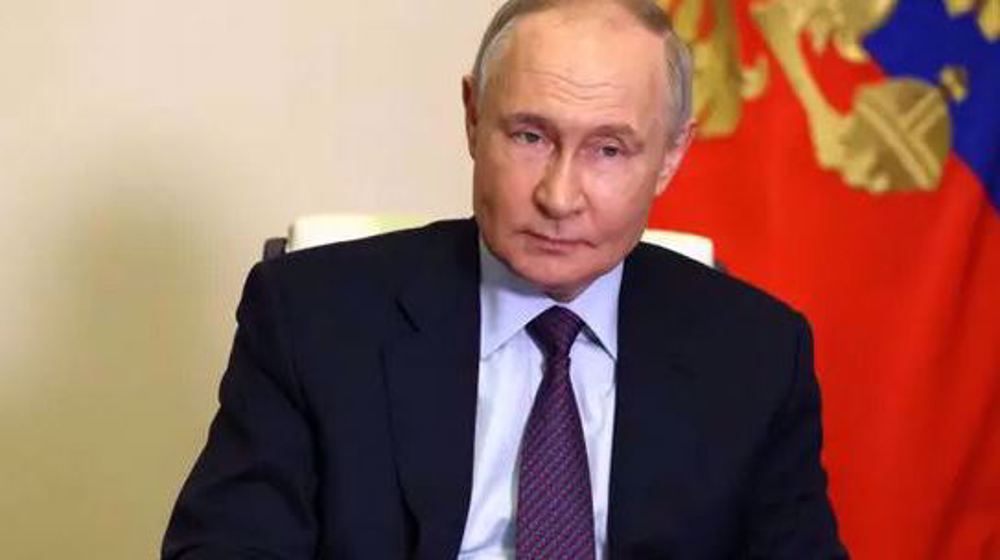
Putin orders surprise 3-day Ukraine war ceasefire in May
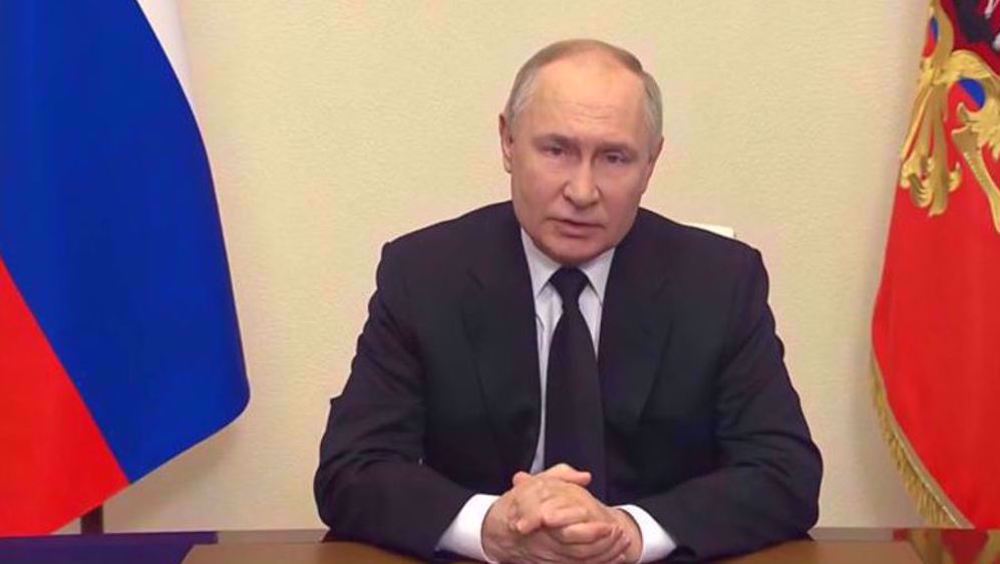
Putin orders emergency planes to Iran after blast at port of Bandar Abbas
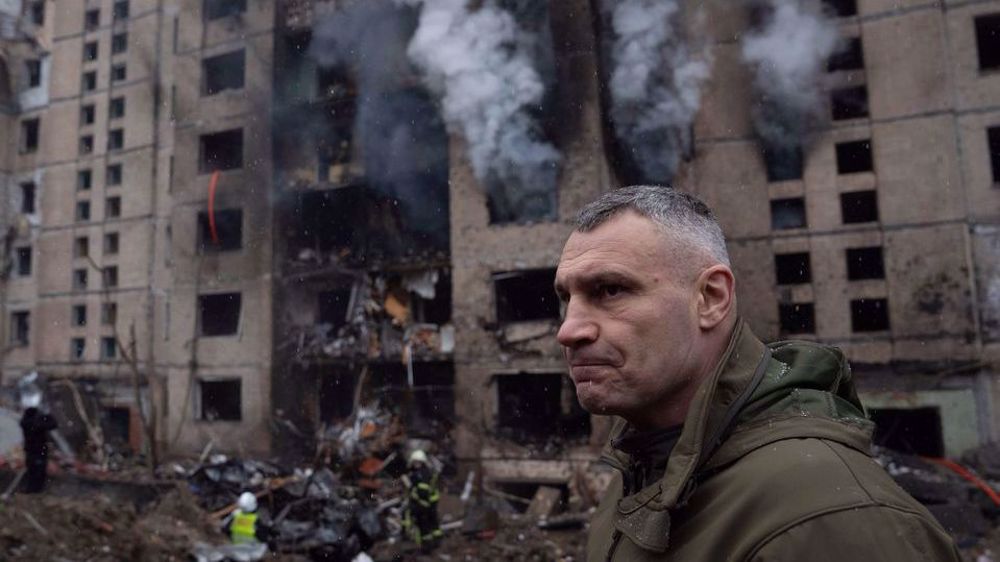
Ukraine may have to 'give up land' to Russia to secure peace: Kiev mayor
Hague court upholds verdict favoring Iranian banks in Bahrain case
VIDEO | Press TV's news headlines
VIDEO | Laughter under rubble: Palestinians turn displacement into defiance
Iran ‘fully ready’ to help Zimbabwe in its fight against terrorism: Defense minister
Yemen strikes US aircraft carrier, Israeli target in reprisal for deadly attacks
Tel Aviv flights permanently suspended: Virgin Atlantic
Pakistan says India military incursion ‘imminent’ as crisis deepens over Kashmir attack
US ‘brutality’ won't cover up its military failure in Yemen: Ansarullah spox






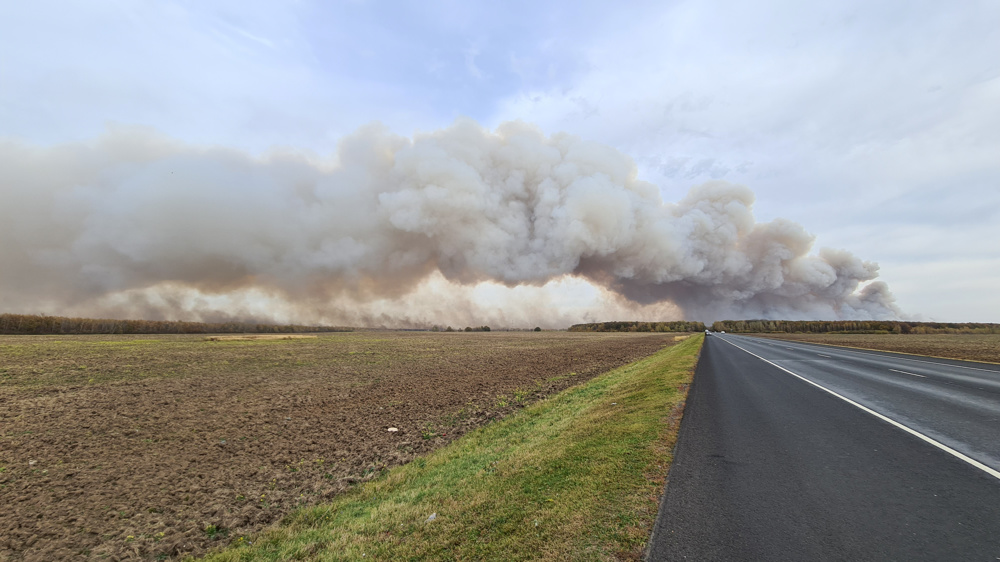
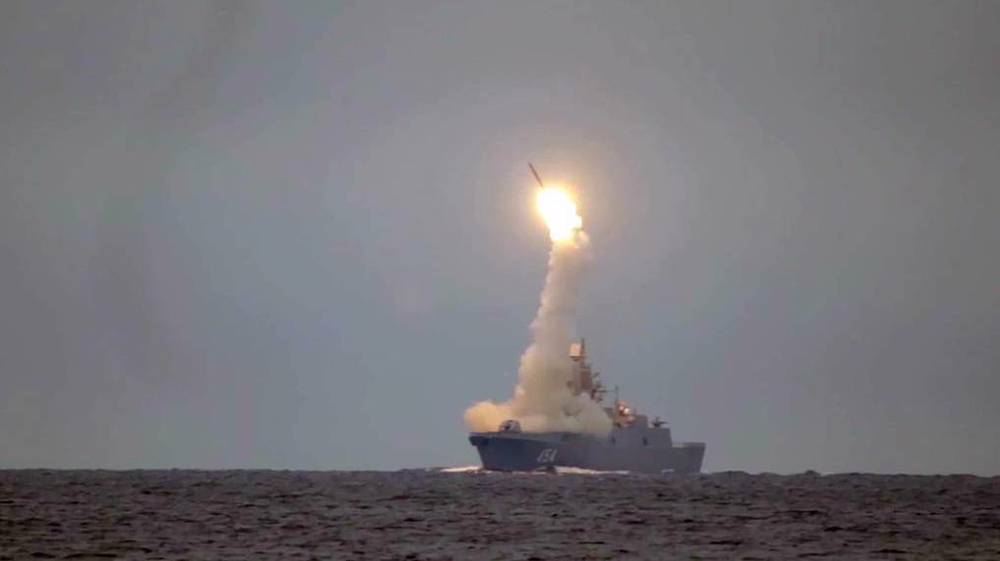

 This makes it easy to access the Press TV website
This makes it easy to access the Press TV website